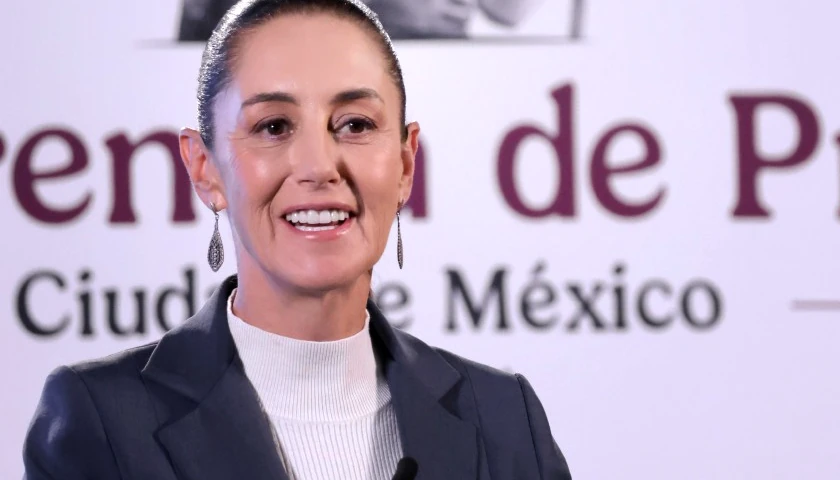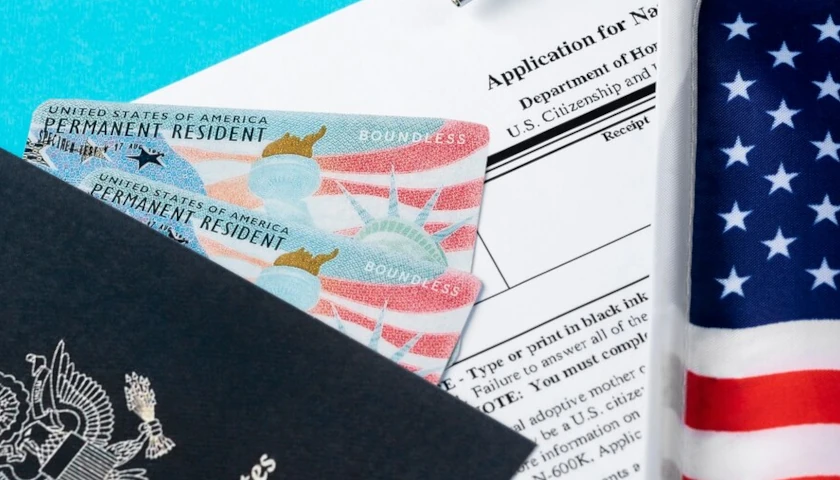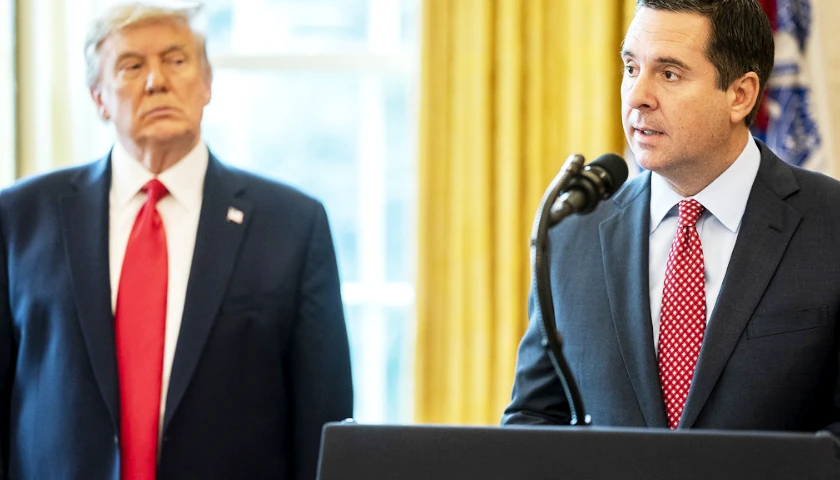by Morgan Sweeney
Virginia’s House of Delegates Education Committee voted on several influential bills Monday morning, including one on student bullying, the implications of which may be unclear.
The legislation was created with the belief that naming groups of students often targeted most by bullying would force schools to proactively develop a plan for responding to specific bullying situations quickly and appropriately.
“The most effective policies require protection for all students and also specify or enumerate categories of students who are particularly vulnerable to due to bias, and who research shows, experience the highest rates of victimization,” said Del. Joshua Cole, D-Fredericksburg, when presenting his bill to the subcommittee.
Virginia’s Department of Education was directed to develop guidelines on bullying for commonwealth schools and adopted a model policy in 2013. Bullying has been defined in the Code of Virginia since 2013, as well, as “any aggressive and unwanted behavior that is intended to harm, intimidate, or humiliate the victim; involves a real or perceived power imbalance between the aggressor or aggressors and victim; and is repeated over time or causes severe emotional trauma. ‘Bullying’ includes cyber bullying. ‘Bullying’ does not include ordinary teasing, horseplay, argument, or peer conflict.”
Cole’s bill adds to Virginia’s definition of bullying classes specifically enumerated in the Virginia Human Rights Act, which protects state residents from unlawful discrimination based on their “race, color, religion, national origin, sex, pregnancy, childbirth or related medical conditions, age, marital status, sexual orientation, gender identity, military status, or disability in places of public accommodation…”
Discussion of the bill didn’t last long, nor was there a long line of experts or members of the public to speak for or against the bill — but there were some.
Chase Holden, who had testified on behalf of another bill earlier in the week, is a young male student who experienced bullying due to his sexuality so intensely in public school that he was, at one point, on an “amount of pills resembling an old person disease.” He is now homeschooled and down to one medication and a supplement.
“My parents and I went time and time again to administration to no avail. And at one point they told my sweet, sweet mother that they could not release a statement on homophobia in the school, as it would be, and I quote, ‘parenting the kids,’” Holden said.
The only witness against the bill was Todd Gathje, vice president of The Family Foundation. He shared apprehensions that the legislation might interfere with students’ First Amendment rights.
“Our concern with this bill is the impact it could have on compelled speech, on causing those to use certain speech in a way that violates their religious [beliefs] or conscience,” Gathje said. “There’s no religious exemption in here for students and teachers.”
Cole responded to Gathje’s concerns, saying if such a law were to offend students’ or parents’ religious sensibilities, Virginia has “plenty of religious schools that they can go to.”
Cole assured the committee that the bill would not create an overly strict or punitive environment in schools, nor is it a juggernaut piece of legislation.
“This bill is not a hammer. It may not be a scalpel, but it’s something in between…. I want to clarify there is already in the code a specified difference between horseplay and bullying. This bill does not come in and change that,” Cole said. “Second, the bill adds specific classes to bullying but does not add punitive directives. The schools already handle that.”
The bill passed the subcommittee 5-3 along party lines and similarly passed the committee on Monday, 12-10.
– – –
Morgan Sweeney is a staff writer covering Virginia and Maryland for The Center Square. Morgan was an active member of the journalism program as an undergraduate at Hillsdale College and previously freelanced for The Center Square.








